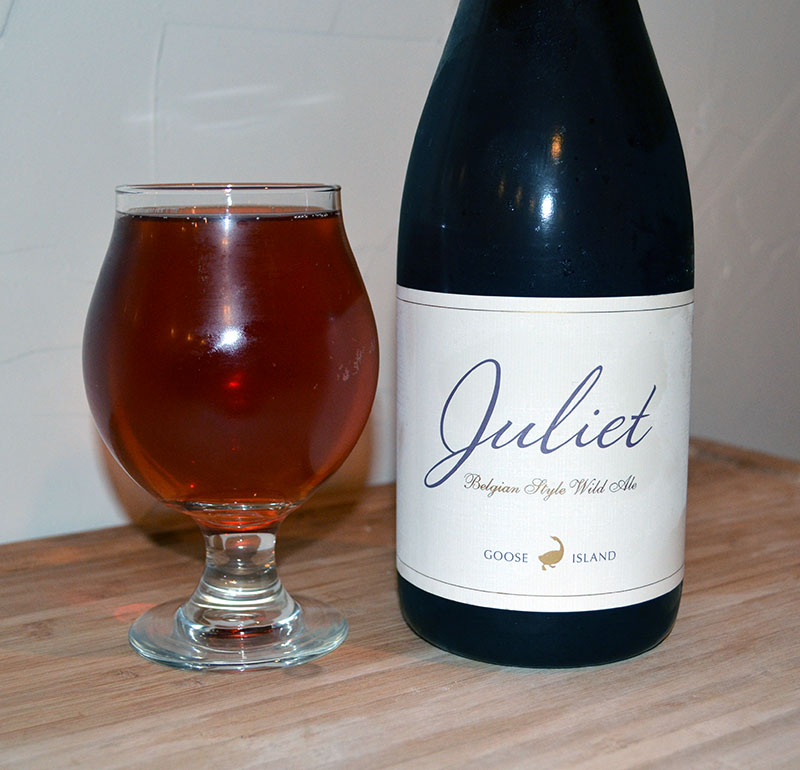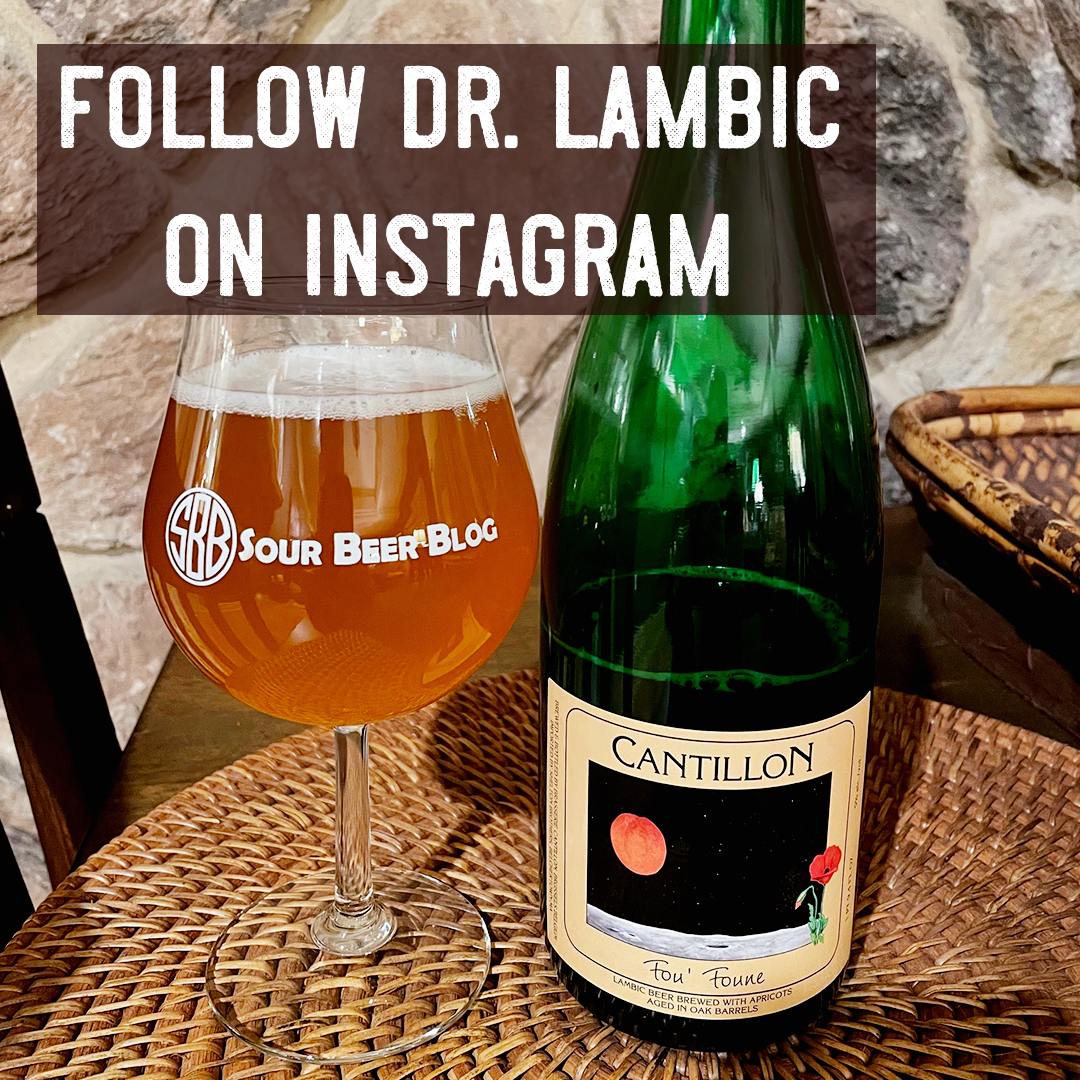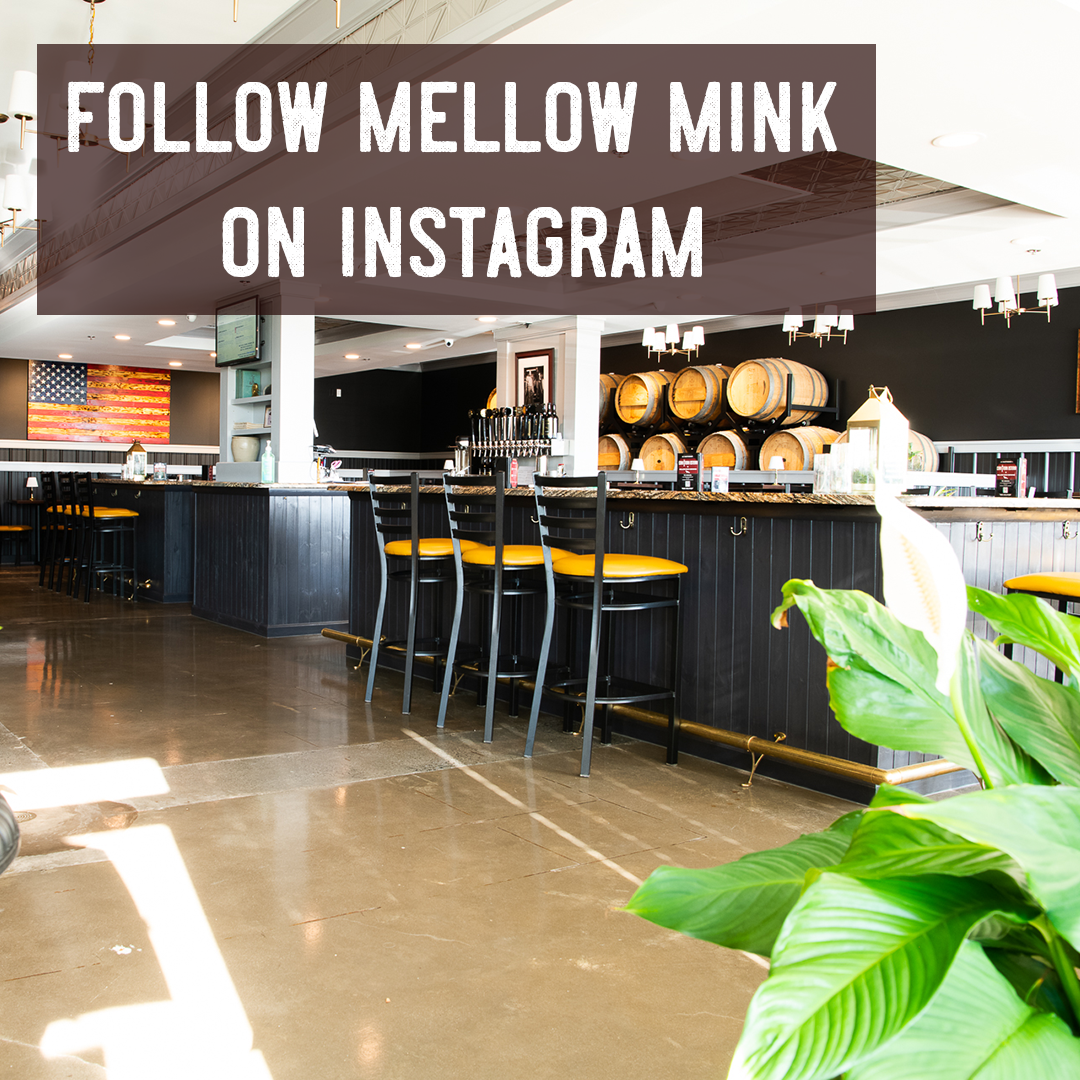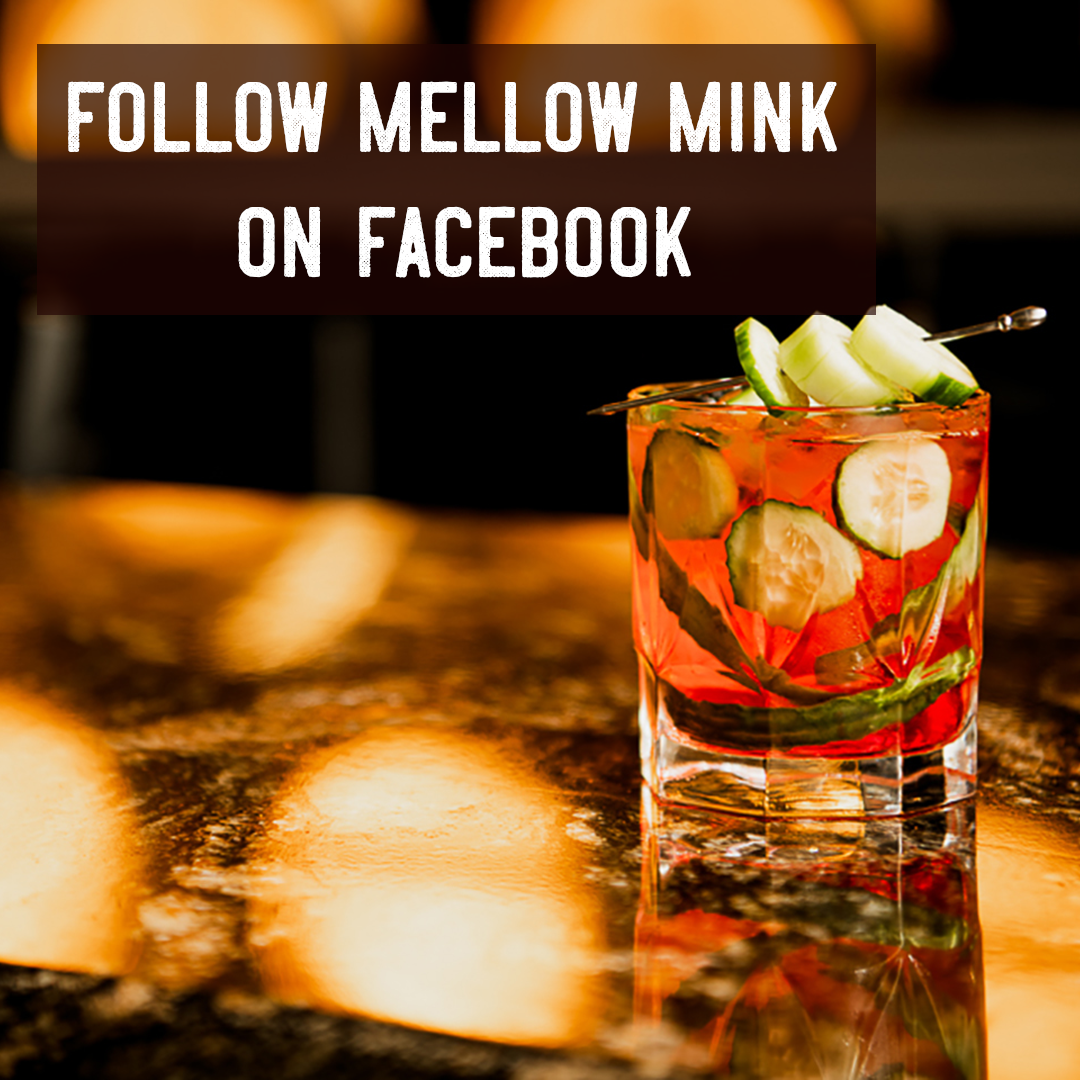Hello Sour Beer Friends!
Last evening, after several long days at work, I had the opportunity to relax at home and drink several nice sour beers. The first of these comes from the sour program at Goose Island Beer Company in Chicago Illinois. Juliet is an 8% ABV blackberry sour aged in French oak barrels. I first experienced Goose Island sours several years ago and have been consistently impressed by their quality since then. I had some concern that after the sale of the brewery to Anheuser-Busch-INBEV in 2011 we would see a decline in the variety or quality of the sour beers being produced by Goose Island. Fortunately, this does not seem to be the case. Every sour beer program will see some differences between annual releases and this has been true of Goose Island as well. That being said, the products being released since the brewery’s change in ownership have remained consistently high in their quality.
Juliet pours brilliantly clear with a deep orange to light red hue and a bright white head that dissipates instantaneously. The beer smells overwhelmingly of oak and tannic fruit skins like those in red wine. After becoming accustomed to this strong, almost bourbon-like oak aroma, I could detect a generalized wine-like fruit character. I would not be able to identify this aroma as belonging to any specific fruit. Underneath these layers there was also some more subtle notes of hay, sourdough, and light spicy Belgian phenolics.
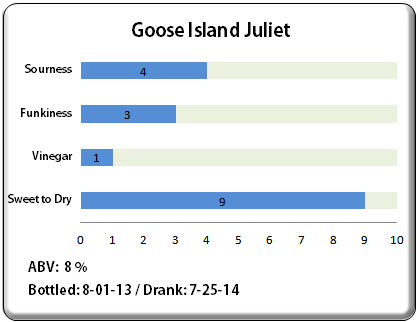 My first impression from tasting Juliet was that the beer strongly borrows its flavor profile from the Cabernet Sauvignon which used to live in the barrels before Juliet moved in. Both a light to moderate sourness and a moderate to strong oak flavor jump to the foreground. The sour profile seems to be about one-half lactic acid from the mixed fermentation, one-quarter malic acid from the blackberries, and one-quarter acetic acid from light aging oxidation. The vinegar flavor is quite mild overall and not out of balance with overall pleasant souring and oak character.
My first impression from tasting Juliet was that the beer strongly borrows its flavor profile from the Cabernet Sauvignon which used to live in the barrels before Juliet moved in. Both a light to moderate sourness and a moderate to strong oak flavor jump to the foreground. The sour profile seems to be about one-half lactic acid from the mixed fermentation, one-quarter malic acid from the blackberries, and one-quarter acetic acid from light aging oxidation. The vinegar flavor is quite mild overall and not out of balance with overall pleasant souring and oak character.
The blackberries in Juliet remind me of those I’ve had in certain fruit wines, the fruit has a presence but it’s not really identifiable specifically as blackberries. Unlike fruit wines, Juliet is bone dry with no residual sweetness whatsoever. There is also a little warming booziness to this beer. However, the alcohol character is not solventy or hot and actually helps to round out what is otherwise a very thin and watery beer. There are some spicy Belgian phenolics present which remind me of black pepper and cloves although this character is relatively light in Juliet. While I do detect some mild bittering (maybe 10 IBUs), there is otherwise no detectable hop flavor. Likewise, with the exception of a little caramel and rye flavor, there is no strong malt presence to be found in Juliet.
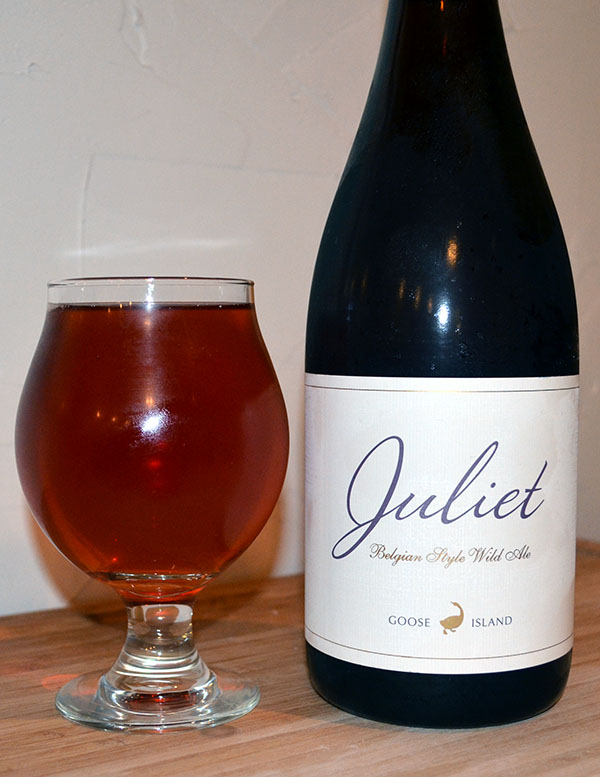 There is a notable astringent flavor present from the skins and seeds of the blackberries. The best example of this flavor would be to put a blackberry or raspberry in your mouth and press it until most of the juice has come out and been swallowed, then chew up the remaining skin and seeds to release a bitter, mouth drying, astringency. This flavor is a compliment to both the oak and alcohol notes in Juliet and further enhances its red wine-like profile. While Brettanomyces character in the beer is primarily evident through its extreme dryness, there are also some light hints of leather and sourdough present. Brettanomyces may also contribute to some of the fruit character in Juliet but this could also simply be attributed to the blackberries. The dry, oakey, red wine characteristics of this sour beer are also enhanced by its very high carbonation. Juliet is a sparkling girl! While it retained no head whatsoever in the glass, the beer continued to pop and fizzle throughout my review.
There is a notable astringent flavor present from the skins and seeds of the blackberries. The best example of this flavor would be to put a blackberry or raspberry in your mouth and press it until most of the juice has come out and been swallowed, then chew up the remaining skin and seeds to release a bitter, mouth drying, astringency. This flavor is a compliment to both the oak and alcohol notes in Juliet and further enhances its red wine-like profile. While Brettanomyces character in the beer is primarily evident through its extreme dryness, there are also some light hints of leather and sourdough present. Brettanomyces may also contribute to some of the fruit character in Juliet but this could also simply be attributed to the blackberries. The dry, oakey, red wine characteristics of this sour beer are also enhanced by its very high carbonation. Juliet is a sparkling girl! While it retained no head whatsoever in the glass, the beer continued to pop and fizzle throughout my review.
Overall, Goose Island’s Juliet is a well made, complex, and enjoyable American sour beer. Over the years, I have heard many people refer to sour beers as being more like wines than beers (mostly due to their general lack of hop bitterness). Juliet is an example where I actually find that sentiment to be true. Juliet mixes several beer traits such as caramel malt and Belgian yeast with multiple wine traits such as fruit, higher alcohol, oak, and tannins then spikes the cocktail with a moderate dose of souring and a light touch of Brettanomyces funk to produce a complex and tasty drinking experience. I had a very nice time last night with Juliet and I would definitely recommend that you get to know her as well!
Cheers!
Matt

